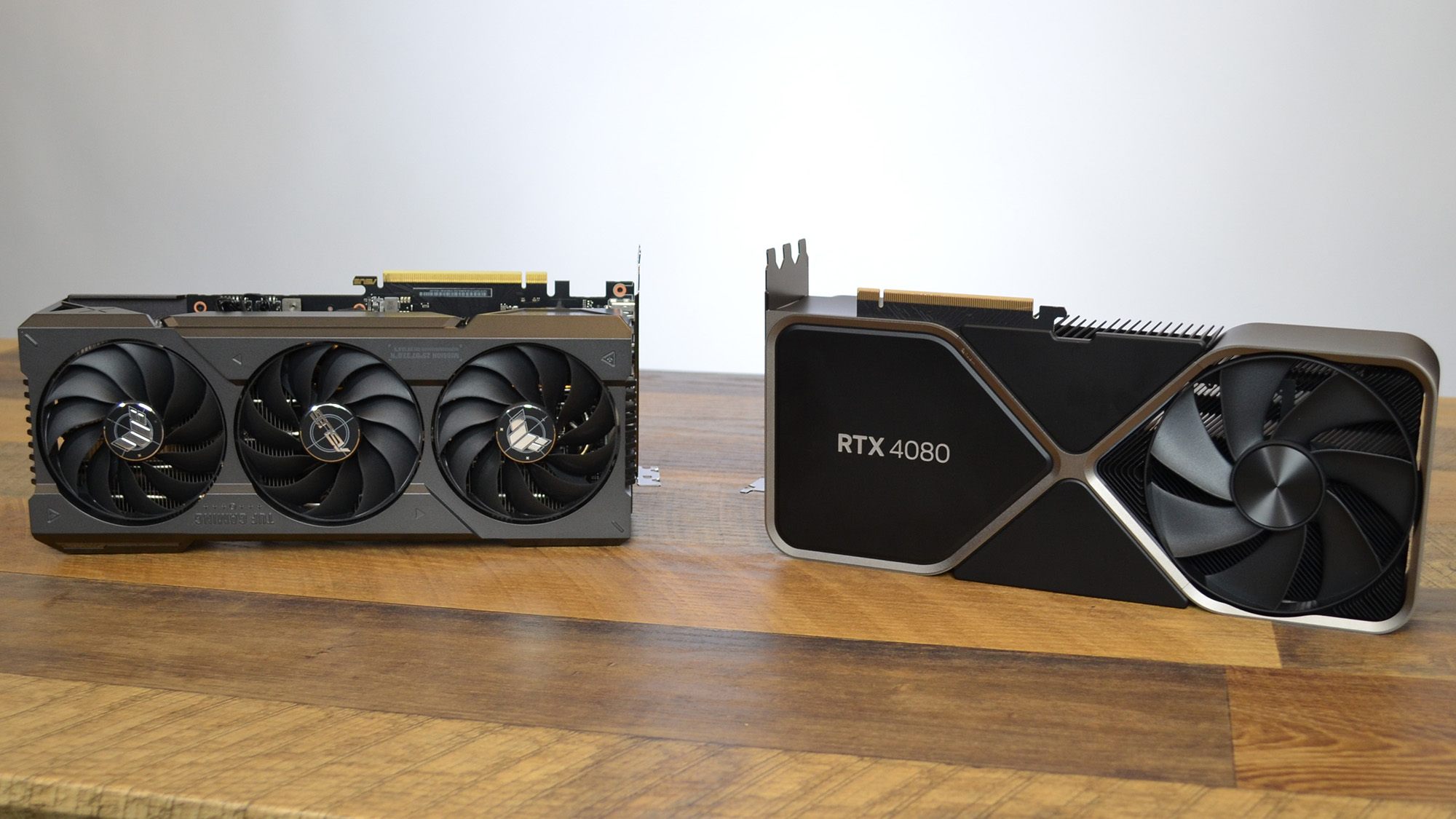Nvidia hits major RTX GPU milestone with 500 games (and apps) now supporting DLSS or ray tracing
RTX games are played for 87 million hours per week

Sign up for breaking news, reviews, opinion, top tech deals, and more.
You are now subscribed
Your newsletter sign-up was successful
Nvidia is celebrating a major milestone with its RTX technology, announcing that 500 games and apps now incorporate RTX support in one form or another.
Those are games and applications running ray tracing or DLSS (or both), making use of the dedicated cores on RTX graphics cards.
As Nvidia reminds us, the first RTX GPU was the RTX 2080 which was launched over five years ago now (how time flies when you’re having fun gaming).
Only a handful of pieces of software and games came with initial support, but now there are 500, with RTX games being played for 87 million hours per week, Nvidia tells us.
Naturally, Nvidia has a bunch of other stats to share, and that includes the fairly unsurprising revelation that most PC gamers with an RTX graphics card use ray tracing and/or DLSS in big-name titles that support it.
For example, 97% of those playing Cyberpunk 2077 go ‘RTX On’ as Nvidia puts it, and 99% of Alan Wake 2 players (and 99% of those engaging in Minecraft, too).
It wouldn’t be a celebration without a giveaway, of course, and Nvidia has 20 Green Man Gaming gift cards up for grabs, as well as some ‘RTX On’ keycaps. To stand a chance of getting some goodies, you’ll need to follow one of Nvidia’s main social channels (X, Facebook, Instagram, TikTok, YouTube) for instructions on how to participate.
Sign up for breaking news, reviews, opinion, top tech deals, and more.
Analysis: DLSS FTW
Nvidia doesn’t break down the relative percentages of those using ray tracing or DLSS (or both), but we reckon it’s a safe bet that the most-used RTX technology is DLSS. With DLSS 3, the frame generation tech took a leap forward – leaving AMD’s rival FSR way behind, frankly – and Nvidia is constantly improving and innovating with DLSS (with v3.5 of late).
Yes, ray tracing is doubtless growing in popularity too, partly because DLSS can make frame rates more palatable for the demands of turning on those GPU-taxing rays. But what gamers really want is the ability to play the best PC games smoothly – perhaps at 60 frames per second, or 120 more ambitiously – when they otherwise would fall well short of that kind of level.
DLSS is undoubtedly a big selling point for Nvidia’s GeForce graphics cards, especially as support expands further. It’s often mentioned as a pro in discussions of the various respective merits of Team Green’s products when pitted against AMD’s offerings (or indeed Intel’s Arc GPUs, which have carved a small niche in the desktop world – and Team Blue also offers XeSS, a solid enough rival to DLSS).
Via Wccftech
You might also like
Darren is a freelancer writing news and features for TechRadar (and occasionally T3) across a broad range of computing topics including CPUs, GPUs, various other hardware, VPNs, antivirus and more. He has written about tech for the best part of three decades, and writes books in his spare time (his debut novel - 'I Know What You Did Last Supper' - was published by Hachette UK in 2013).